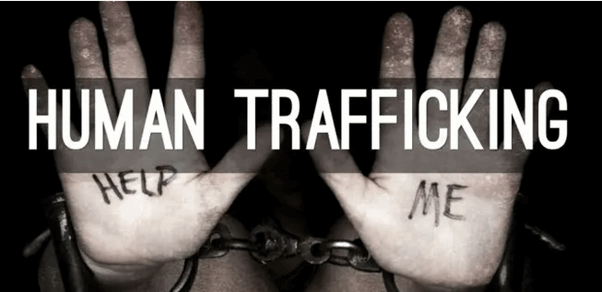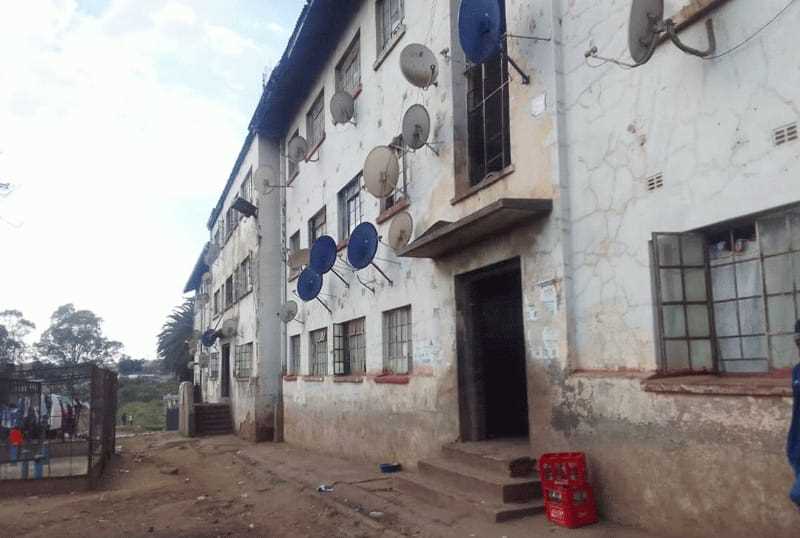
Zim Now Writer
The Oman Human Rights Commission (OHRC) – has blamed external recruitment agencies for the plight of Zimbabwean women seeking employment in that country.
“Investigations revealed that some Zimbabwean women are deceived usually by the recruitment agencies in their countries. They were deceived about the nature of the job, the salary, and the place of stay,” reads the statement issued by the commission today.
The commission is responding to allegations of human trafficking as defined by the United Nations, fraud, physical and sexual violence as well as forced labour against Omani employers.
These arose from publications in a Zimbabwean newspaper in June 2014. The matter was recently raised afresh by a British publication citing a report by Dutch NGO Do Bold which assists and repatriates affected women in the Gulf region.
The Do Bold report says a survey of 469 women revealed gross abuse:
• 80% of the domestic workers toiled for 16-20 hours a day
• 99% of them had no day off • 91% had their freedom of movement curtailed and, oftentimes, passports withheld •
50% experienced wage theft •
Related Stories
30% were sexually abused
OHRC implies that their investigation confirmed that Zimbabwean women were indeed held prisoner in Oman against the laws of that country.
“Some of them tried to flee their employer after they had discovered that the recruitment in their countries have deceived them as published by the newspaper,” the commission stated.
But the same statement seemingly refutes itself saying that there is no record of such happenings: “We have not received any complaints about forced labour. Any labourer or maid may submit a complaint by visiting the Ministry of labour or the Settlements Committee at the Ministry.
“If the complaint is not settled within two weeks at the Labour Welfare Directorate or the Settlements Committee, the relevant department shall refer the case to the Labour Circuit at the Court within not more than two weeks from the expiry of the said period,” reads the statement.
OHRC dismisses Do Bold’s rights to speak for the victims saying that there are reporting mechanisms in Oman that could have been utilised. “To secure the rights of such maids, OHRC believes that they should have filed their complaints to the relevant authorities in Oman as per the laws and regulations.
“They should have reported any violation to the airport officers and submitted documents or evidence that prove that they have been subject to any abuse.”
On the sexual abuse allegations, OHRC avoided a straight rebuttal or confirmation and stated that the Omani police, judiciary, and other relevant organizations are capable of handling cases of abuse in accordance with the provisions of the Omani Penal Code.
The commission’s response on remuneration is confusing, alleging in one sentence that the Zimbabwean embassy set salaries and in the next saying it is a private matter between employer and employee.
“With regards to the low salary as mentioned in the report by Do Bold and The Guardian, it should be noted that these salaries are decided by the foreign embassies of these maids. An agreement is signed between the employer and the employee voluntarily,” the statement reads.




















Leave Comments